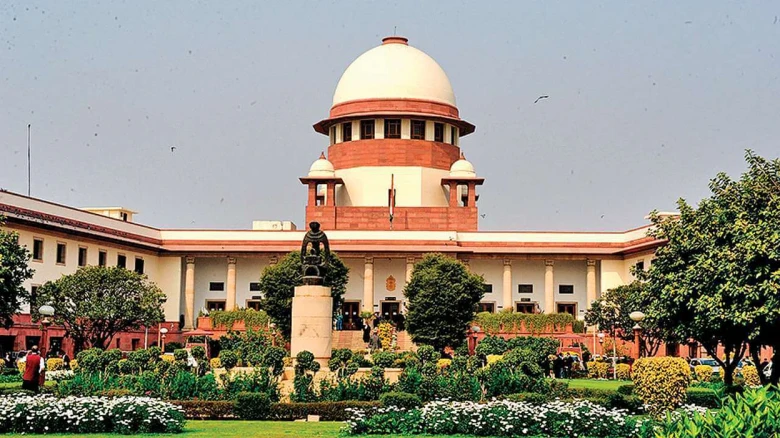The top court ruled on March 24, saying "the public's right to know is directly affected by Section 66A of the Information Technology Act."
Digital Desk: The Supreme Court instructed on Wednesday that no citizen can be sued under Section 66A of the Information Technology Act, 2000, which it had scrapped way back in 2015.
However, under the negated section, a person can be imprisoned for up to three years and also be fined if found posting offensive content.
The top court ruled on March 24, saying "the public's right to know is directly affected by Section 66A of the Information Technology Act."
Chief Justice of India, U. Lalit, along with a bench of Justices Ajay Rastogi and S. R. Bhat, said in all cases where citizens are facing prosecution for alleged violations of Section 66-A of the Act, the reference to and reliance upon the said provision shall stand removed.
"We direct all Director General of Police as well as Home Secretaries of the states and competent officers in Union Territories to instruct the entire police force in their respective states or Union Territories not to register any complaint of crime concerning an alleged violation of Section 66A," said the bench.
The Supreme Court clarified that this directive applies only to offences punishable under Section 66A and no other offenses.
"Such criminal proceedings, in our opinion, are directly in the teeth of the directions issued by this court in Shreya Singhal vs Union of India (March 2015 judgement)," the bench said, adding that "it needs no reiteration that section 66A of the 2000 Act has been found by this court in Shreya Singhal vs Union of India to be violative of the Constitution and, as such, no citizen can be prosecuted under said section 66A."
The top court had directed all state governments to sensitize their police personnel about its March 24, 2015 verdict, which had scrapped Section 66A of the Act, so people are not unnecessarily arrested under the struck-down provision on February 15, 2019.

Leave A Comment